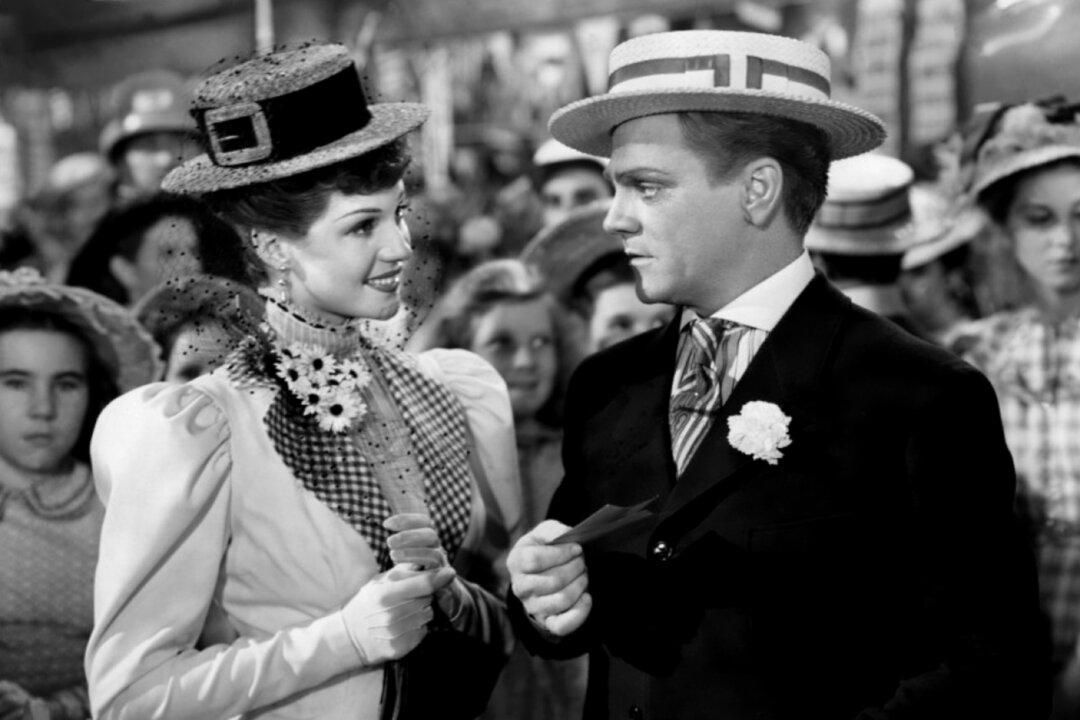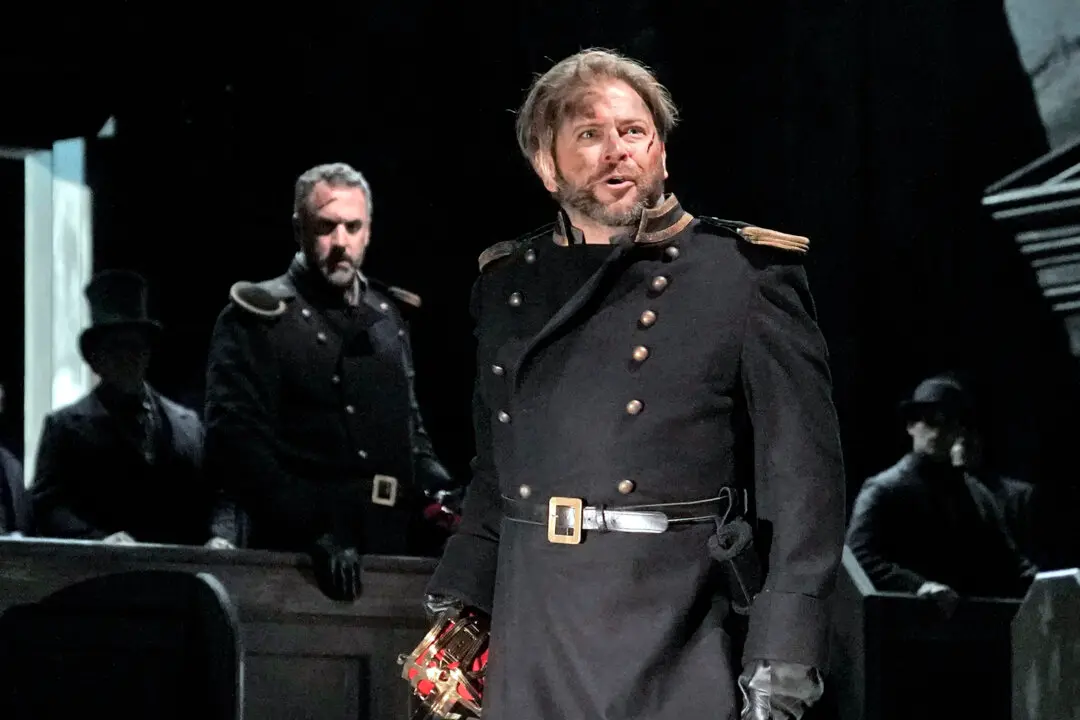It seems like today’s film industry doesn’t know how to do anything but remake material or continue franchises, but it’s not a new Hollywood trend. During the Golden Era of Hollywood, many movies came from books or Broadway plays, and several versions of the same story had something new to offer.
The Broadway hit “One Sunday Afternoon” (1933) by James Hagan was made into a Paramount picture the same year, before the play’s run was even over. Starring Gary Cooper, this Pre-Code film was a flop commercially and critically, making it the only Cooper film from this period to lose money at the box office.






